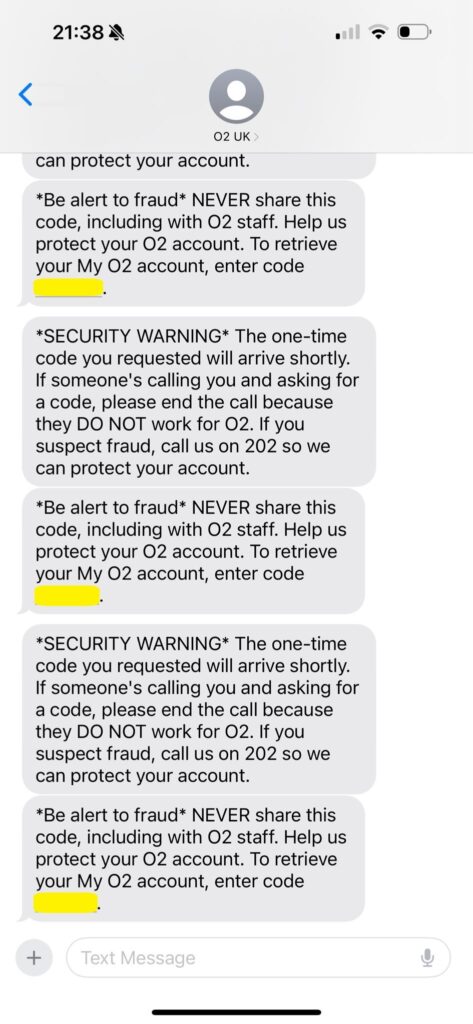Introduction
Beware of the “Too-Good-to-Be-True” 40% Discount Call from O2
Imagine this: You’re going about your day when your phone rings. It’s O2, or so they say, and they have a tantalizing offer—a 40% discount on your next bill! Who wouldn’t want that, right? Well, before you celebrate your savings, let me share how this “generous” offer could actually empty your pockets, not fill them. Here’s the story of the latest scam making the rounds and how I managed to waste 30 minutes of a scammer’s time instead of my money!
The Hook
Scammers Know You’re on O2—Or Were!
It all starts with a seemingly friendly phone call from someone who knows your name, mobile number, and your connection to O2 (even if you ditched them months ago like I did!). The caller offers a 40% discount
on your next bill—an offer you wouldn’t want to pass up.
For me, alarm bells started ringing when I remembered I had left O2 behind a while ago. But for others, this might be a perfect setup.
The Bait
The Sneaky Two-TXT Trick
The scam really kicks into high gear with the mention of Data Protection. Sounds legit, right? To “verify” your identity, they’ll send you two text messages from an official O2 number. The second message contains a code they’ll ask you to read out.
Here’s where things get clever (and dangerous). The texts look genuine—after all, they are from O2—but the scammers are banking on one thing: You not reading the actual message!
The Trap
What the Text Actually Says (and What Scammers Hope You’ll Ignore)
Let’s face it: We’ve all skimmed texts before. But these particular messages contain vital information. The first text explicitly states, “Security Warning: If someone is asking you for this code, they DO NOT work for O2.” The second text? It warns you to never share this code—even with O2 staff.
So, what’s really happening? The scammers are trying to reset your O2 account password. The code they ask for is generated when they trigger the “Forgot my password” option on the O2 website. If you hand over that code, you’ve essentially handed them the keys to your account. From there, they can order phones, SIM cards, and adjust your account settings—all at your expense.
The Scam Breakdown
- The Call: They offer you an irresistible discount (40% off your bill).
- The Code: They send you two texts while you’re on the call, making it seem like they’re legit.
- The Trick: You share the code with them, thinking it’s all above board.
- The Takeover: They gain access to your account, where they can order devices, make changes, and run up a bill without needing your credit card.
How to Avoid This Scam
- Always Read the Texts: Don’t just glance at the code. Read the entire message, especially when it comes from your mobile provider.
- Never Share Codes: O2 explicitly says not to share these codes—even with their staff. That should be a big red flag.
- Be Suspicious of Discounts: If an offer sounds too good to be true, it probably is—especially if it comes out of nowhere.
- Call O2 Directly: If you’re unsure, hang up and call O2’s official customer service number.
In Fun News—How I Wasted 30 Minutes of a Scammer’s Time
Thankfully, I was wise to the scam from the start. So, instead of panicking, I decided to have a little fun. I kept them on the line for 30 minutes, asking silly questions and pretending to be technologically challenged. While I didn’t get my fake 40% discount, I did manage to waste enough of their time that they couldn’t try to scam someone else.
Conclusion
Stay Vigilant—Read the Fine Print (or Texts, in this Case)!
This scam is well-crafted, playing on trust, convenience, and a tempting offer. But a little attention to detail—like actually reading the text messages—can save you from falling into the trap. O2 might be their target for now, but these scams are always evolving, so stay sharp and stay safe. And remember, no discount is worth handing over control of your account!

